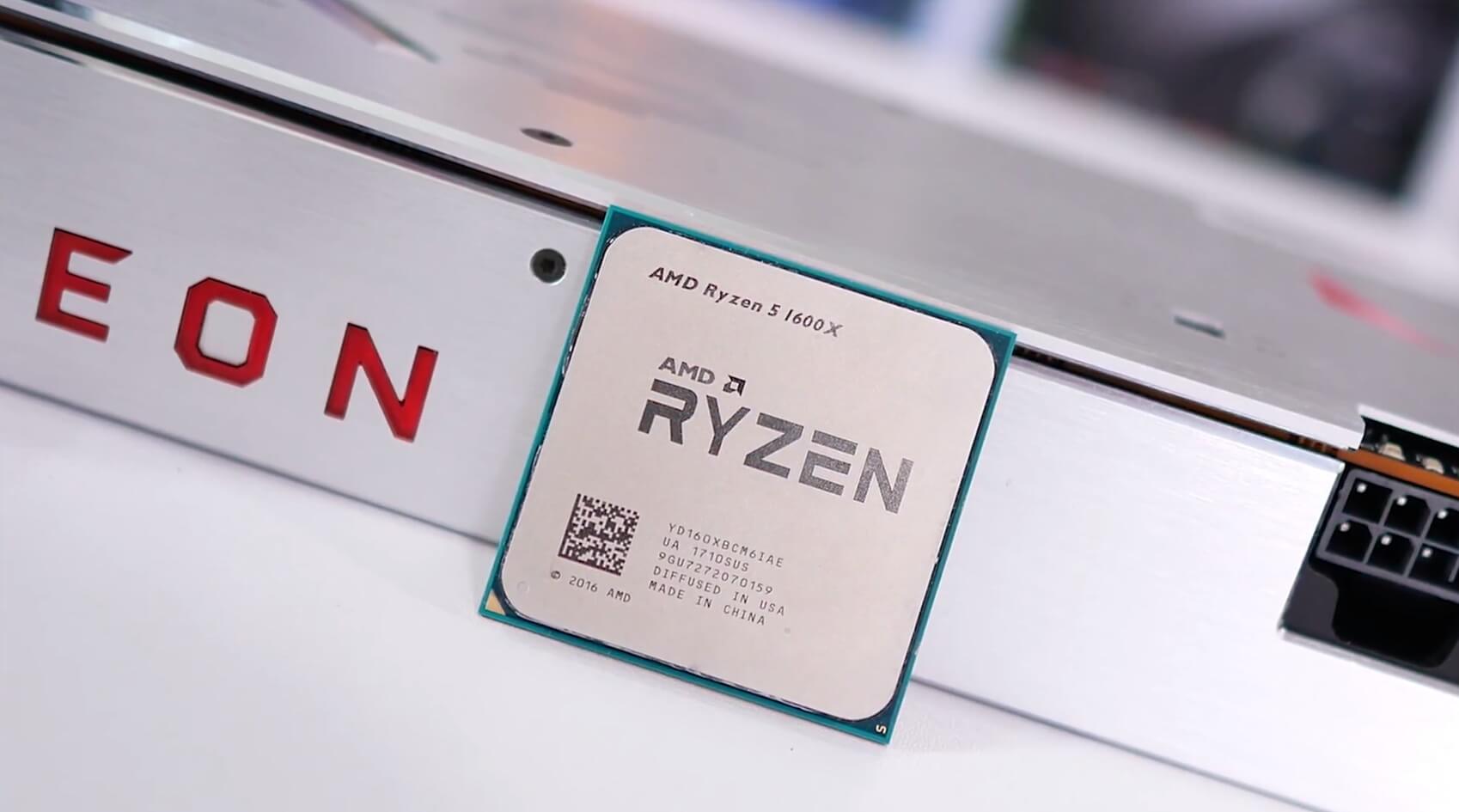The reason you test at lower resolution is to determine how much headroom each CPU has. Or in other words: How a CPU is expected to perform when you plug a newer more powerful GPU into the rig. Yes, when using a 1080 Ti the CPU has very little effect when running at 1080p. But what about two years from now when the 3080 Ti comes out? Based on these results, I'd expect Intel to be a good 20% faster then Ryzen, as the CPU has more headroom to properly feed faster GPUs.
That's just not true though. Testing in 720p only shows you how the CPU will perform on CURRENT games with future gpus. It doesn't tell you ANYTHING about how it will perform with future games though.
So it's pretty easy to demonstrate where that logic fails. Just take a 7600k and an R5 1600x and test them on 720p on 3 year old games. I'm 100% positive the 7600k will wipe the floor with the R5 1600x. You can try for example Dying Light, GTA V, Shadow of mordor, etcetera. Now fast forward to today's games and you can see that the R5 1600x performs better.
So that theory just fails. The reason why it fails is that you are comparing CPU's with widely different characteristics. The Intel's are single thread beasts but the Ryzen's have more overall power. The more core aware a game is, the better it performs on the overall more powerful CPU. Take for example Crysis 3 that maxes out every single core your PC has. In the heavy scenes, the R5 1600 demolishes the 8400, and not by a small margin.
